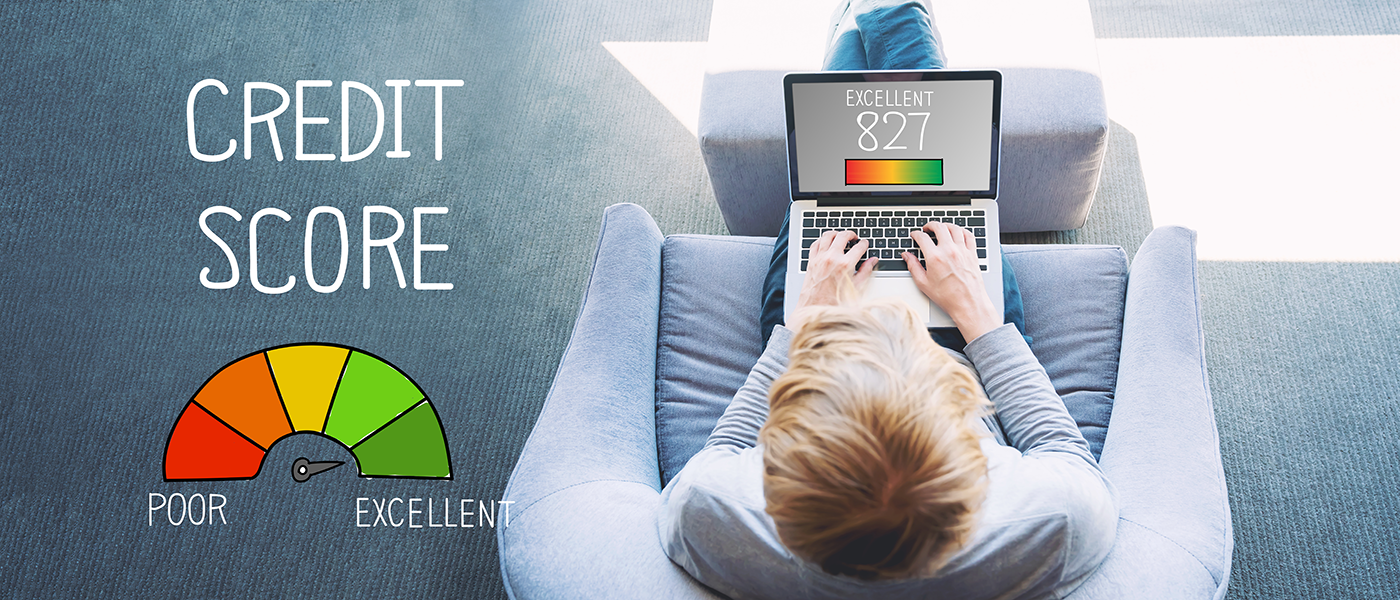Retirement Interest-Only Mortgages
25 May 2019Remortgage – Deal about to expire?
15 Jul 2019Improve your mortgage chances by improving your credit score
Purchasing a property isn’t as simple as just setting a budget and putting a deposit down. Your chances of obtaining a mortgage can solely depend on how high your credit score is and whether there is anything detrimental on your credit file.
Having a mortgage is a huge commitment and will most likely be the largest loan you’ll ever take out. Due to this, lenders will check your credit history for a couple of reasons:
- They need to protect their money which they have invested.
- For your protection; getting a large mortgage which you have no chance of being able to repay is irresponsible on the lender’s behalf.
Checking your credit history before agreeing a mortgage allows your lender to understand how well you have coped with repaying loans, debts and credit cards in the past. Your credit score is based on information held by a Credit Reference Agency (CRA); the three main ones are Experian, Equifax and CallCredit.
These CRA’s will take your credit information and condense it into a report with your credit score being the number attached to the report which gives lenders an idea on how creditworthy you are (the higher your score, the better).
Repayment behaviour can help or hinder your credit report depending on whether this is good or bad repayment behaviour. Missed or late repayments are marked on your file which tells lenders that you could be a potential risk to them. Payments made on time can bolster your score and using direct debits (guaranteeing the payment) can reduce cause for concern as payments are withdrawn automatically so chances of missing the repayment are eradicated.
Limiting how much credit you use monthly can also be beneficial to you i.e. using a small percentage of your credit limit per month because using too much credit monthly can imply that you are in financial difficulty and that you are impulsive. Consequently, your credit score can drop.
Similarly, reducing large debts prior to a mortgage application can boost your chances of having your application accepted.
Applying for lots of credit cards can tell the lenders that you are eager for credit and that you are a risk to lend to due to this. Whilst this won’t affect your credit score, it will feature on your file and can raise concerns on the lender’s behalf if these applications have occurred in a short period of time.
Essentially, the best way to improve your credit score is to show that you are responsible with credit (i.e. you can repay loans and credit on time and in full). Taking out a credit card is the easiest way to prove to lenders that you have experience with handling credit. You don’t need a large credit limit; you just need to show that you can make timely repayments. Repaying the balance in full, monthly, is the best way to prove you are financially responsible.
Post courtesy of What Mortgage.







